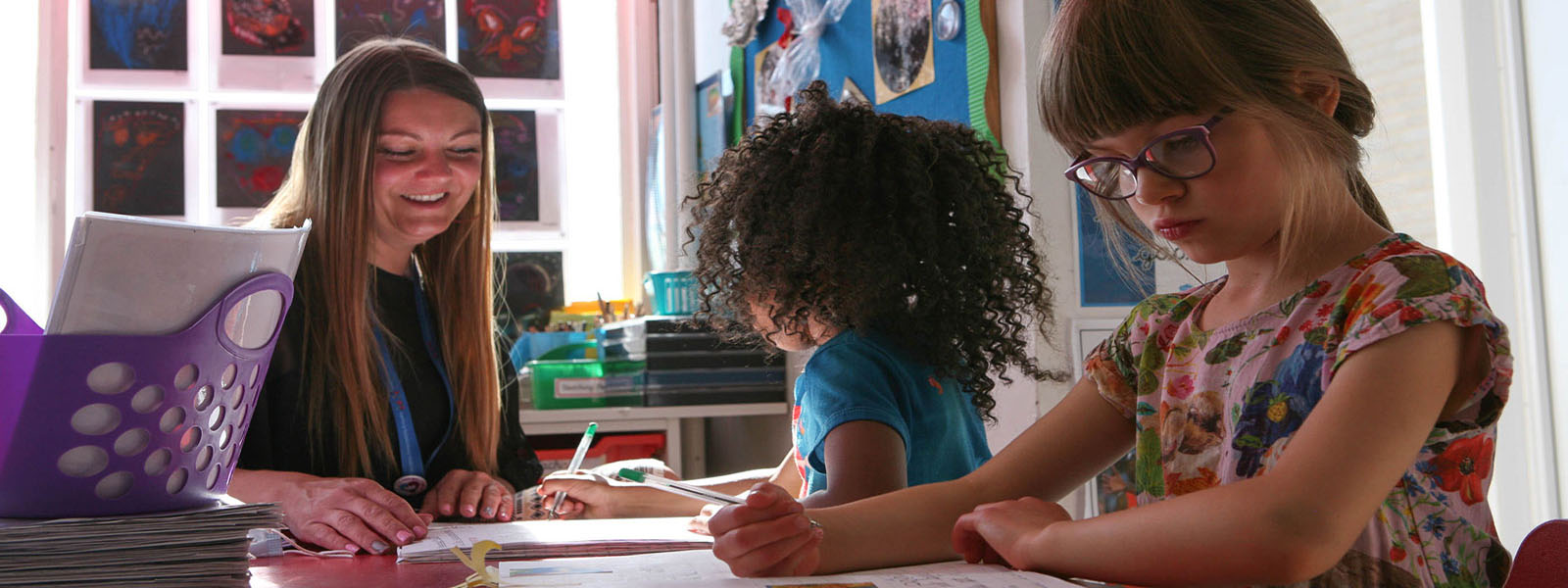History

HISTORY CURRICULUM OVERVIEW
HISTORY PROGRESSION OF KNOWLEDGE AND SKILLS
At Fairlawn, children enjoy two or three different history-based topics each year, ranging from dinosaurs and Ancient Greece to the Mayan Civilisation and World War II.
Intent
At Fairlawn, it is our intention to engage children in a lively exploration of the history of the people and events that have shaped our country and that of the nations that we have had strong connections with, as well as giving opportunities to explore some periods of history from the wider world. We believe that history enables children to develop a context for their growing sense of identity and a chronological framework for their knowledge of significant events and people. We also teach children to think critically about how the past has been represented and from whose perspective.
Implementation
We teach history from the National Curriculum in half-termly blocks. Most year groups cover two or three history topics across the year, using the knowledge expectations outlined in the National Curriculum. In the early years, within the area of Understanding the World, teachers plan examples from real life and from stories to help children begin to develop a sense of past and present. The school’s history curriculum map shows where abstract concepts, such as Empire and migration, are either being introduced, or are building on previous learning. It also identifies the core historical skills to be fostered during each topic, which have been sequenced and repeated to maximise learning for all children; it is important that the children develop progressive skills of a historian throughout their time at Fairlawn and do not just learn a series of facts about the past. Where possible, pupils are engaged in using primary sources of information to find evidence, weigh it up and reach their own conclusions. The Collins Connected History program is used as a good provider of primary sources where it has a relevant unit to match our curriculum.
Impact
By the time the children at Fairlawn leave our school they should have developed:
A secure knowledge and understanding of people, events and contexts from the historical periods covered.
The ability to think critically about history and communicate confidently in styles appropriate to a range of audiences.
The ability to support, evaluate and challenge their own and others’ views using appropriate and accurate historical evidence derived from a range of sources.
An ability to weigh up potential bias in that evidence.
The ability to think, reflect, debate, discuss and evaluate the past, forming and refining questions and lines of enquiry.
A passion for history and an enthusiastic engagement in learning, which develops their sense of curiosity about the past and their understanding of how and why people interpret the past in different ways.



